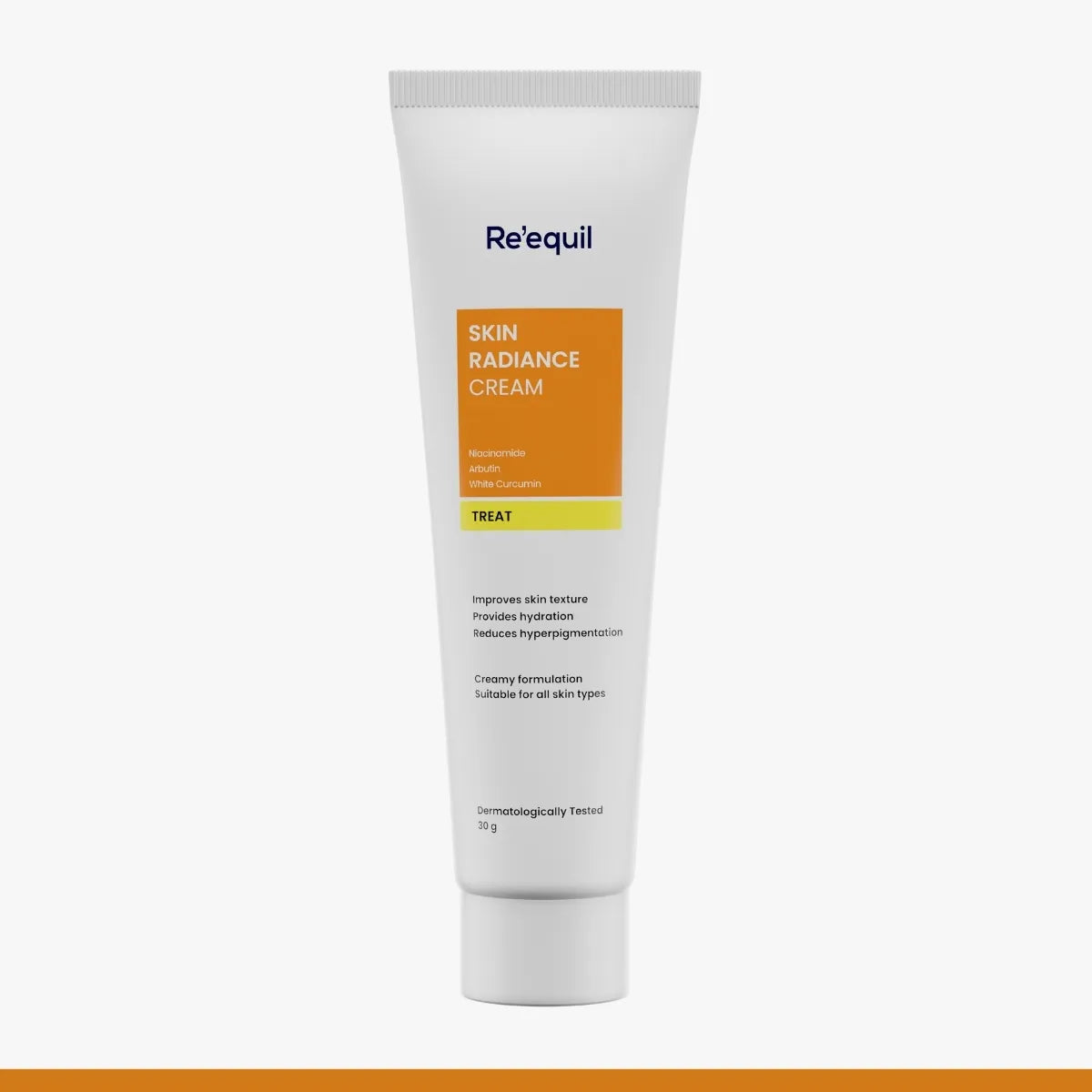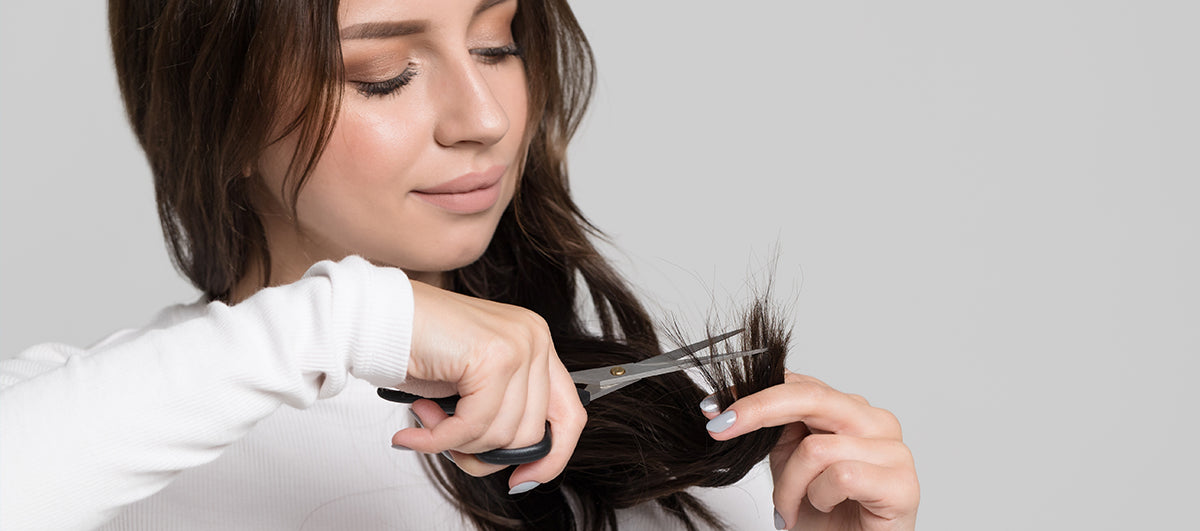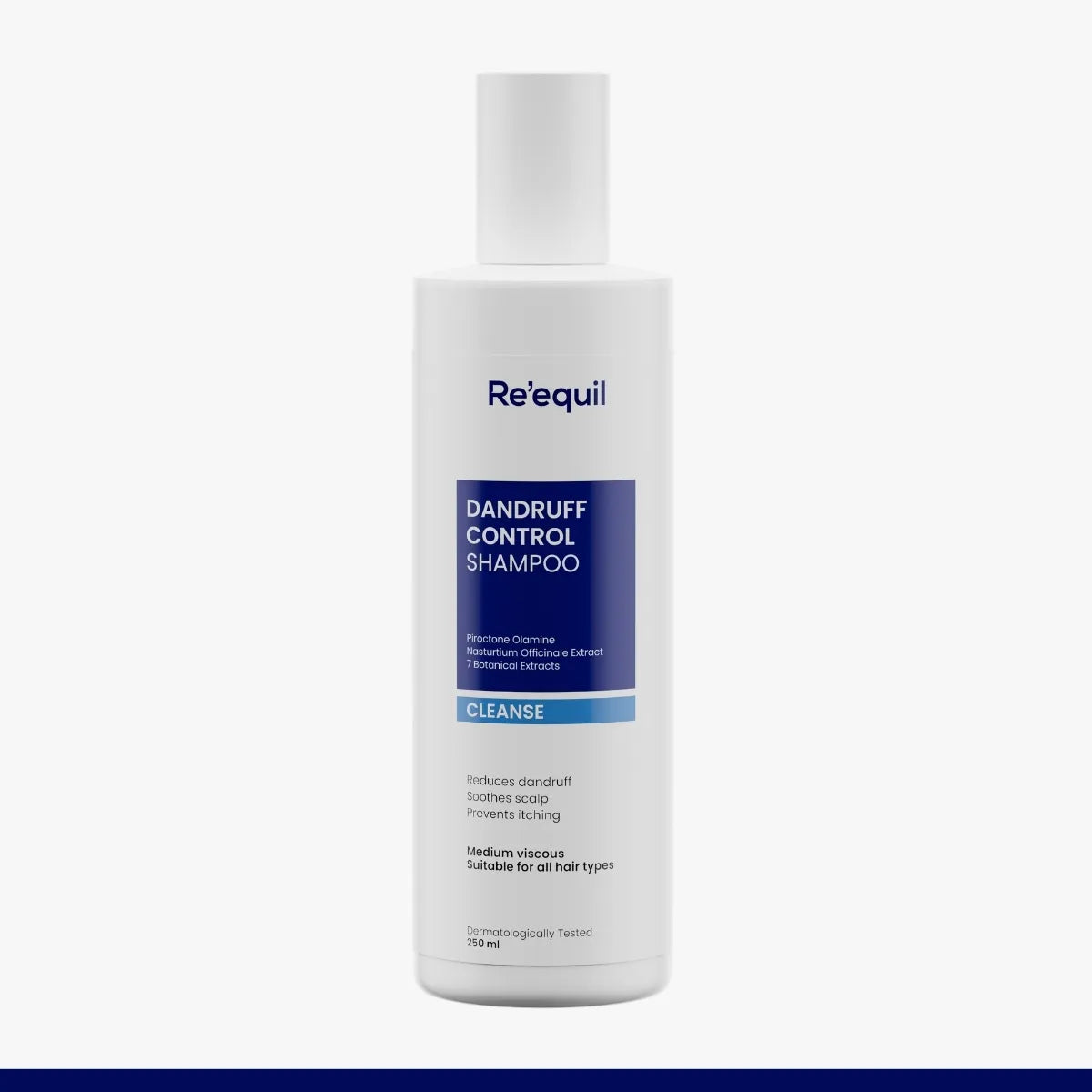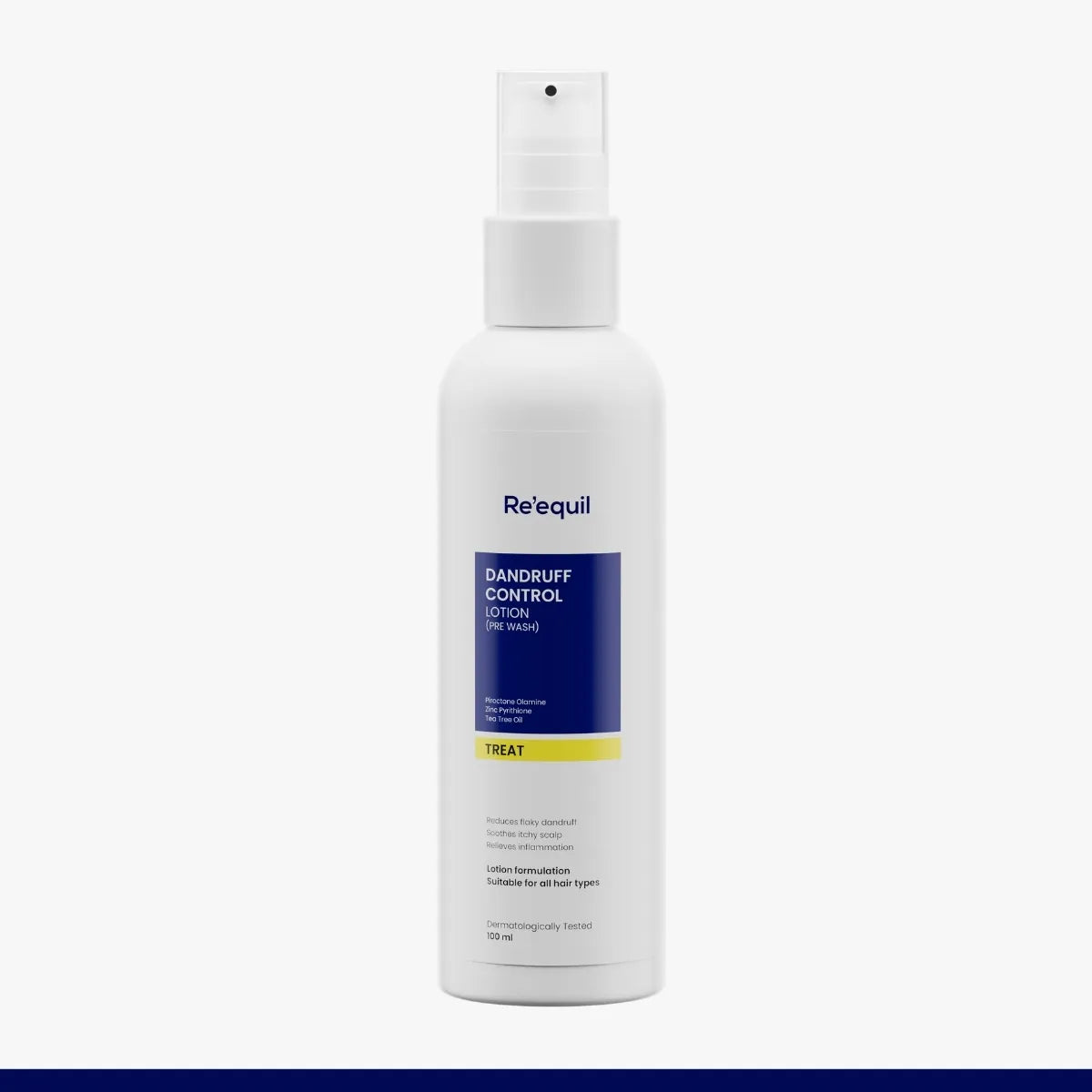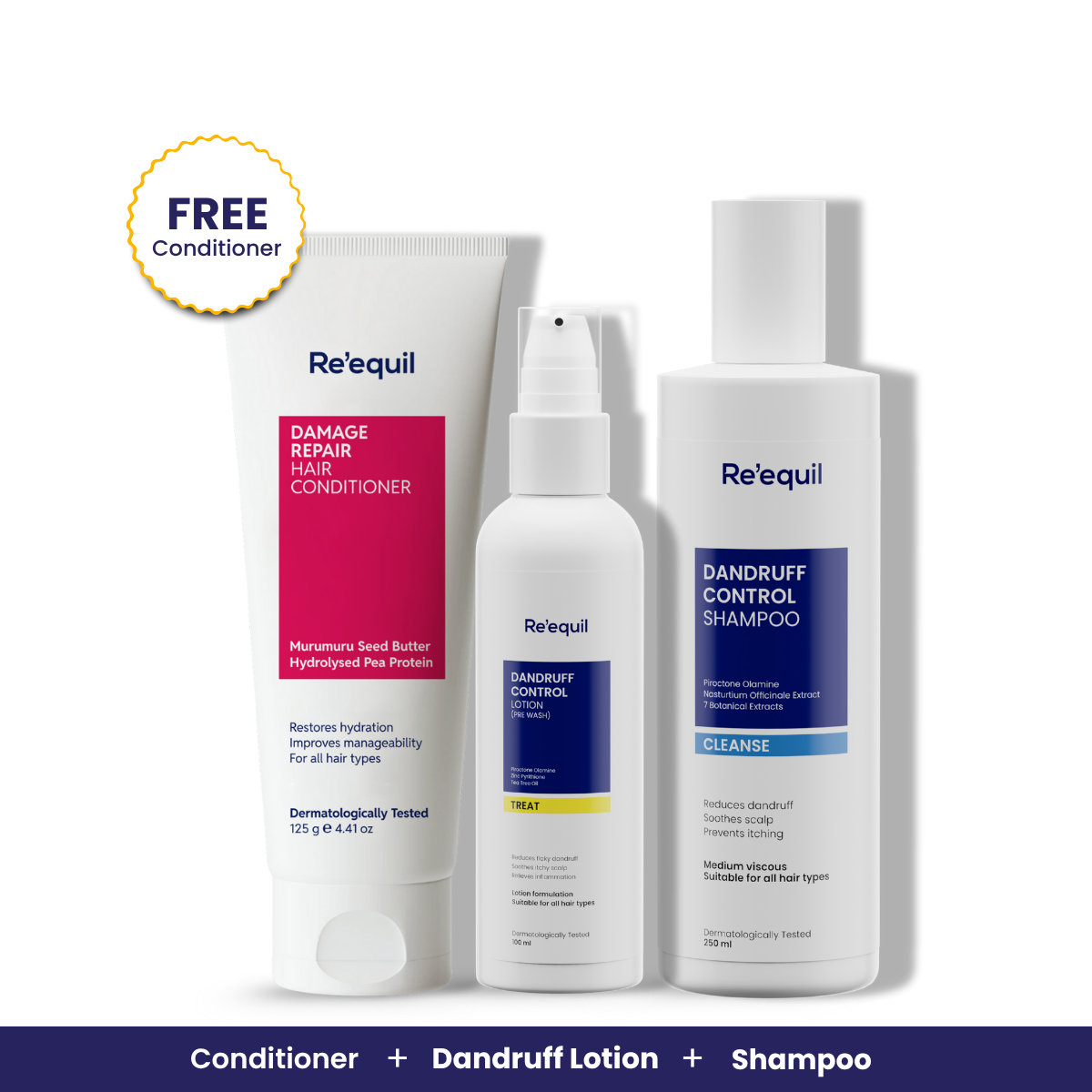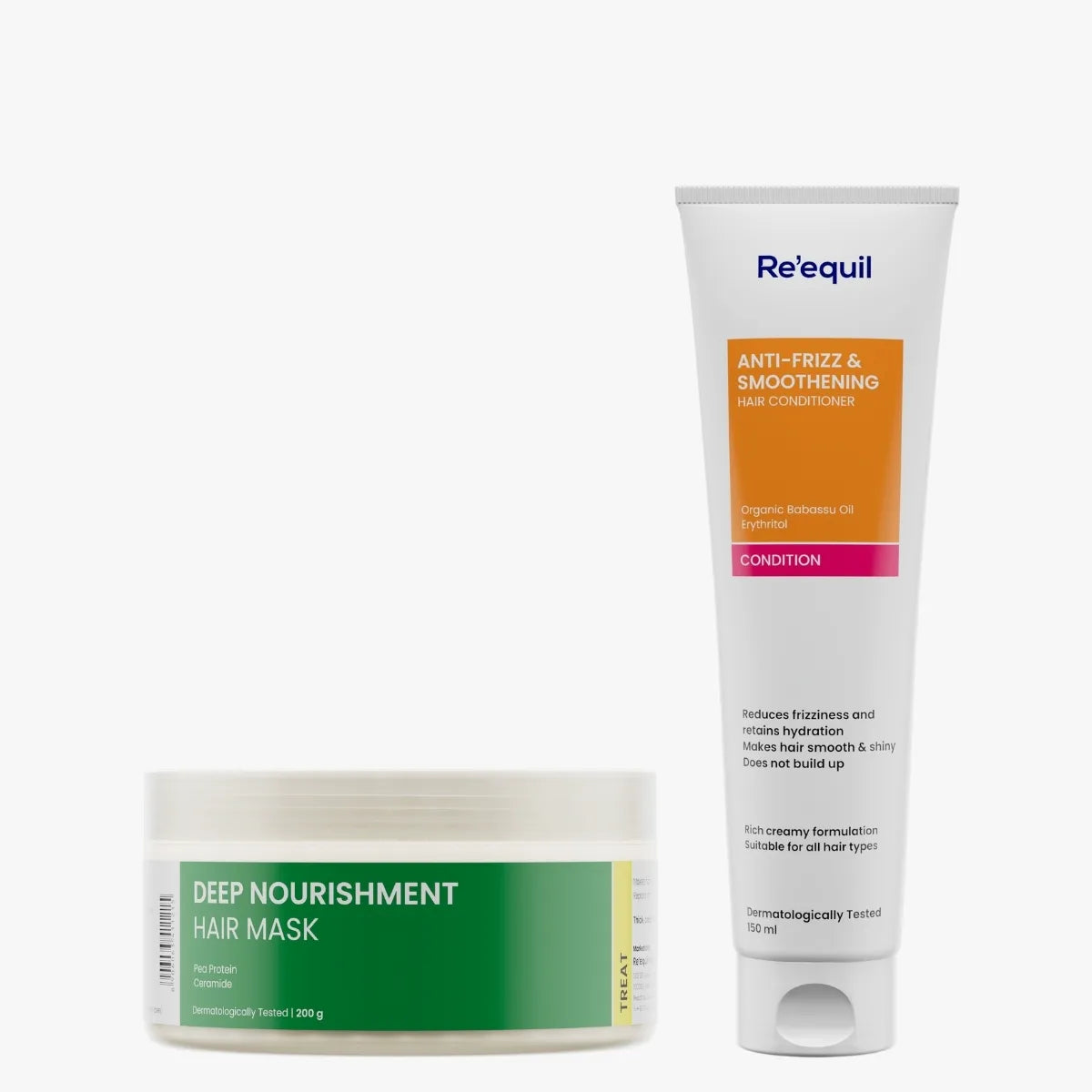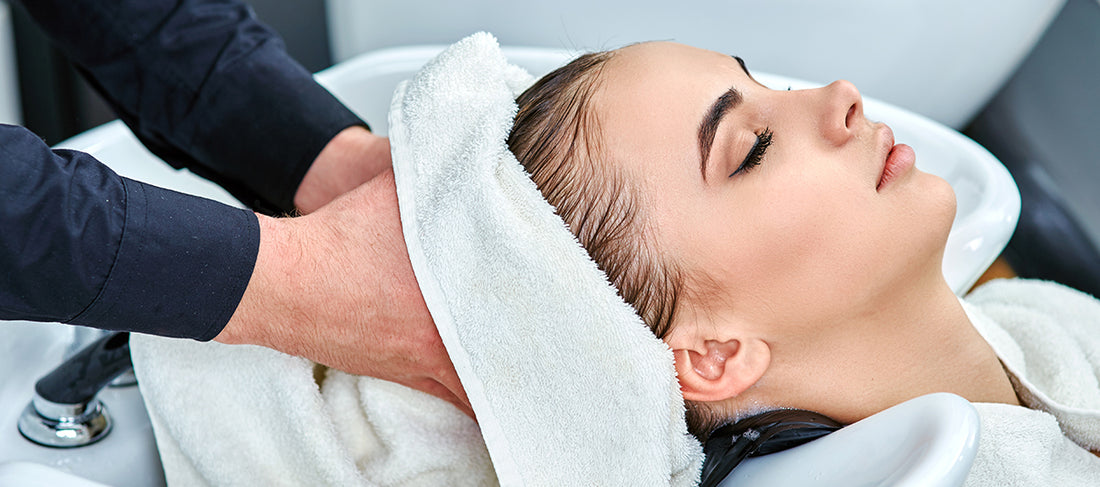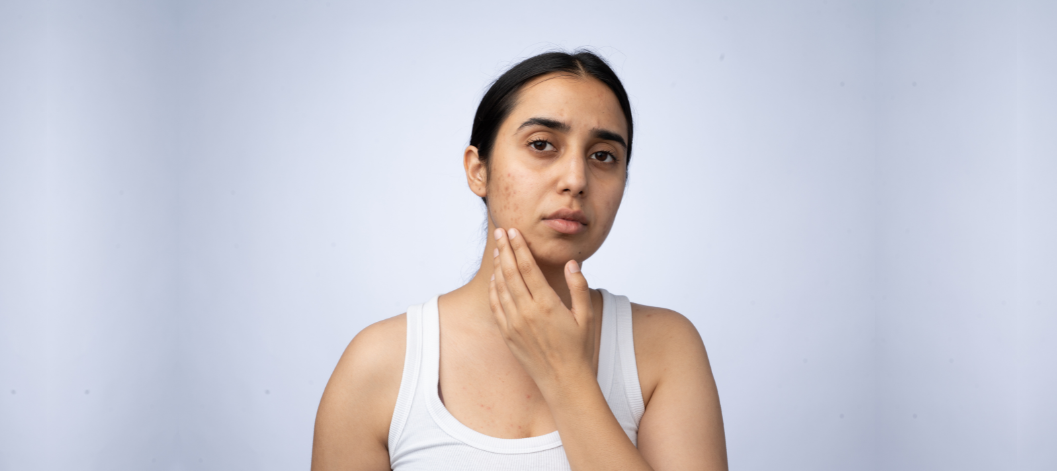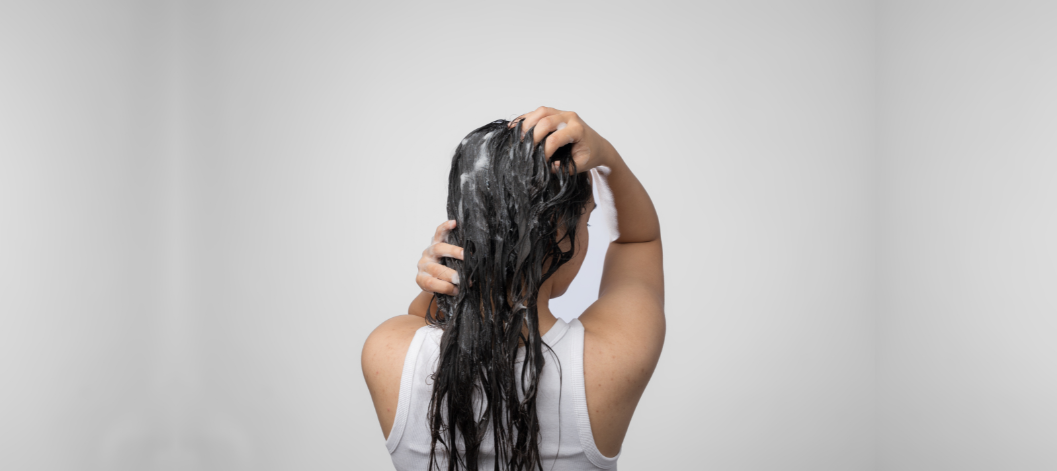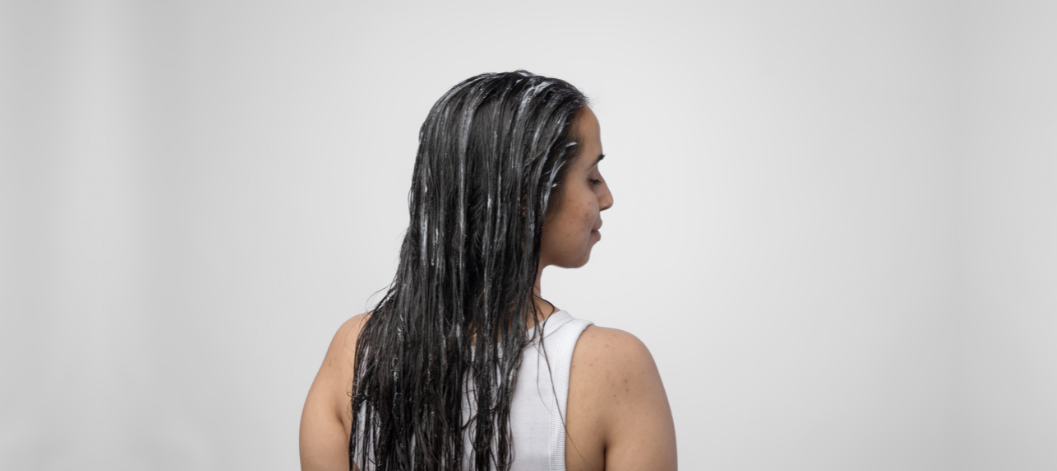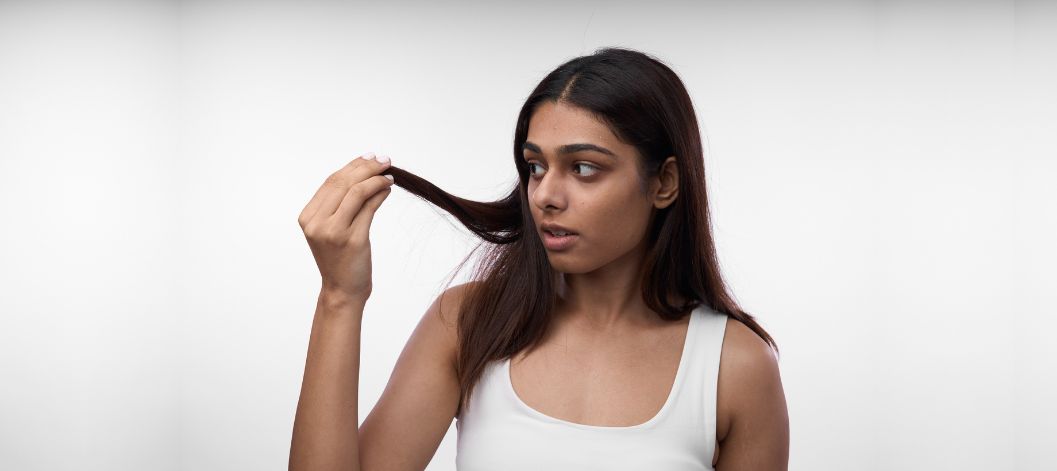Have you ever felt like a haircut lifted your mood? Hair plays a big role in how confident we feel.
But dealing with dry, brittle, and lifeless hair can make you feel the opposite.
No need to stress over frizzy, messy hair anymore—we've got the best hair care solutions to help you regain your healthiest mane.
Experts say a good haircut not only transforms your look but also improves hair health.
Here are the top 6 benefits of trimming your hair.
Avoids split ends
Split ends are considered the biggest enemy of your tresses, which cause unforeseen damage to your hair.
Once the end of your hair is damaged, it further moves to damage your hair roots.
These frayed hair become the reason for countless hair problems such as brittle, broken, and unmanageable hair.
Simply cutting down the split ends will not prevent further fraying, but also help to avoid unnecessary hair woes.
In addition, it has been found that split ends caused by the overuse of heat styling tools weigh your hair down. Simply trimming your hair is the easiest tip to prevent and repair heat-damaged hair.
Eliminates frizziness
When you don't trim your hair for a longer time, they tangle very badly.
This further leads to rough and lacklustre hair. In order to avoid unwanted flyaways and frizz, you should consider trimming your hair after specific intervals of time.
Keeps hair knot-free
Keeping your hair tangle-free is the most common bothersome issue faced by many women.
Your detangling experience becomes tougher when you are adorning long tresses. Daily hair combing, use of harsh hair cosmetics, and extrinsic factors are enough to cause tangled hair texture.
Mostly, detangling products such as serums, sprays, etc are everybody’s first choice as they give hair slip and smoothness in no time.
However, many research studies explain that frequent use of such products can damage the cuticle and cortex of the hair, which finally leads to excessive hair fall.
In comparison, trimming your hair ends will keep the knots at bay and make your hair more manageable.
Makes hair easier to style
Messy hair is of course not ideal hair to make desired hairstyles.
It takes lots of energy, time, and extra effort to manage those unruly hairs.
Another benefit of cutting off your ruined hair is that you can easily make desired hairstyles.
Keeps hair healthy
By hair trimming sessions, you mostly get rid of damaged hair. Hereby, now you can focus on nourishing and pampering your healthy manes.
Babassu and murumuru butter have been recognized as wonderful natural ingredients for soft and silky hair.
Natural moisturising properties not only make your hair healthy but also add natural shine and silkiness.
Encourages hair growth
Paradi Mirmirani, MD, assistant professor of dermatology at the University of California, San Francisco explains that getting your cut does not have any connection with hair follicles in the scalp, which determines hair growth. It seems counterintuitive that trimming encourages your hair growth.
On the other hand, various research studies advocate that hair thinning is the harbinger of reduced hair growth and female pattern baldness.
Chopping your dry, damaged, and lifeless hair can reduce the risk of hair breakage and hair fall.
How often should you trim your hair?
Hairstylists explain that when you should get a trim also depends on your hair length. Long-length and mid-length hair are more likely to receive hair breakage and frizziness.
Hence, such hair requires good maintenance. If you have medium-length or long-length hair then you can get it trimmed every 6-8 weeks.
Whereas, for short-length hair, trimming your hair once a month is good.
Conclusion
Your hair care regimen also plays a crucial role in preserving your hair health.
Choosing a hair shampoo and conditioner that provides the optimum hydration to the hair shaft may save your dehydrated hair.
Lack of hydration in hair strands make them more vulnerable to hair thinning and excessive hair fall.
Sulphate and silicone-free shampoo and conditioners are highly appreciated to maintain the good health of hair.

